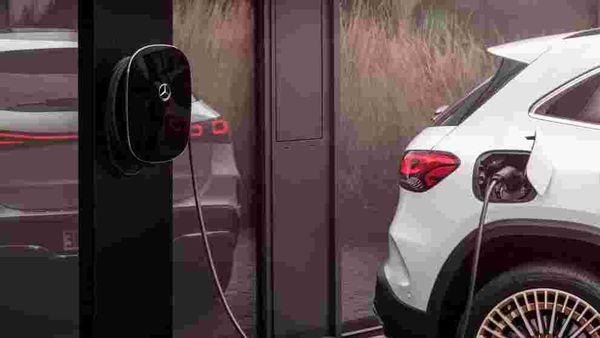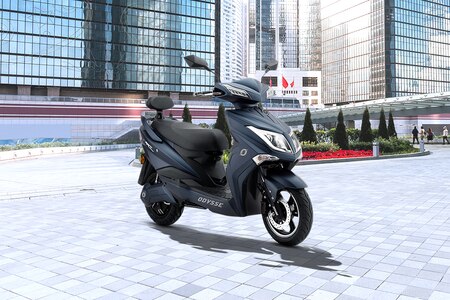Number of Germany's electric vehicle charge points rise 10% since December
- Germany launched a 3 billion euro ($3.6 billion) scheme in November to extend consumer rebates for buying electric vehicles and wallbox chargers.


The number of charging points for electric vehicles in Germany has increased by more than 10% in the past three months to reach 39,538, energy industry association BDEW said on Wednesday.
Policymakers in Europe's biggest economy aim to cut emissions from transport by expanding the use of electric vehicles. Addressing drivers' concerns about where they can be charged is seen as vital to encouraging wider usage.
Also check these Vehicles
Also Read : Volkswagen and BMW's car-charging venture plots Europe network expansion
"The expansion of public charging points continues unabated," BDEW said, adding that government efforts to boost demand for electric vehicles and equipment were bearing fruit.
BDEW data showed one in seven of the 3,788 charging points added since December were fast-chargers, which now make up about 10% of the total around the country.
The expanding number of charge points would ease public concerns about using electric vehicles, even though 90% of charging was conducted at home or the workplace, BDEW said.
It said a national target of 1 million charging points by 2030 might not be achieved but that number might not be necessary if enough fast charging points were included in the rollout.
Germany launched a 3 billion euro ($3.6 billion) scheme in November to extend consumer rebates for buying electric vehicles and wallbox chargers, and supporting programmes for scrapping old vehicles and investing in innovation.
BDEW said the number of applications for subsidies to install private wallboxes had risen to 300,000.








 64.8 kWh
64.8 kWh 418 Km
418 Km














